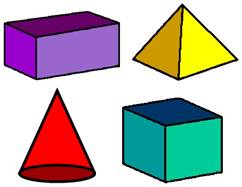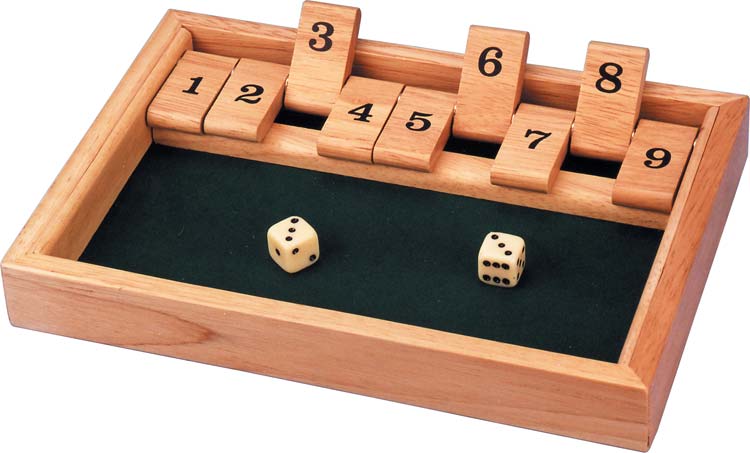Dyscalculia
What is dyscalculia?
The DfE defines dyscalculia as: ‘A condition that affects the ability to acquire arithmetical skills. Dyscalculic learners may have difficulty understanding simple number concepts, lack an intuitive grasp of numbers, and have problems learning number facts and procedures. Even if they produce a correct answer or use a correct method, they may do so mechanically and without confidence.’
Typical symptoms of dyscalculia:
· Counting: Dyscalculic learners can usually learn the sequence of counting words, but may have difficulty navigating back and forth, especially in twos and threes.
· Calculations: Dyscalculic learners find learning and recalling number facts difficult. They often lack confidence even when they produce the correct answer. They also fail to use rules and procedures to build on known facts. For example, they may know that 5+3=8, but not realise that, therefore, 3+5=8 or that 5+4=9.
· Numbers with zeros: Dyscalculic learners may find it difficult to grasp that the words ten, hundred and thousand have the same relationship to each other as the numerals 10, 100 and 1000.
· Measures: Dyscalculic learners often have difficulty with operations such as handling money or telling the time. They may also have problems with concepts such as speed (miles per hour) or temperature.
· Direction/orientation: Dyscalculic learners may have difficulty understanding spatial orientation (including left and right) causing difficulties in following directions or with map reading.

|

|

|
